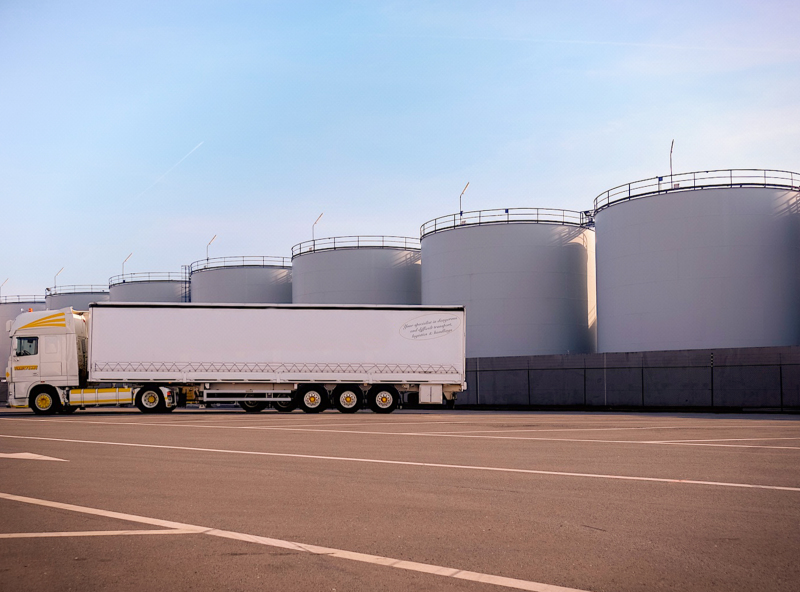I-C-EU
11.44
From 2012 to 2014
Commissioned by the European Commission, TML led the I-C-EU project to clarify the link between transport infrastructure investments and economic growth. The project produced an improved assessment methodology and recommendations for EU policies to strengthen Europe's competitiveness.
The I-C-EU project, with TML as project leader, was commissioned by the European Commission (EC), Directorate-General for Research & Innovation, 7th Research Framework Programme. It started 1 October 2012 and ended 30 September 2014.
On 17 June 2010, the European Union launched the Europe 2020 strategy to replace the Lisbon Strategy (2000 - 2010). The transition between the two strategy plans comes at a time when Europe is experiencing the worst economic crisis since its creation. Processing the crisis in a world of increasing competition in global markets, especially from new emerging economies, makes competitiveness a fundamental issue for Europe.
In line with the Europe 2020 strategy around flagship initiatives, the 2011 Transport White Paper summarises the main objectives of the European transport strategy: to support the creation of a system that supports European economic progress, increases competitiveness, and provides high-quality mobility services. Given the above challenges and strategy setting, it is clear that a stronger role and contribution of the transport sector to improving European economic growth and competitiveness is expected.
The I-C-EU project clarifies the relationship between investment in transport infrastructure and the broader economic impact, namely competitiveness and economic growth. This clarification was made possible by exploring the theoretical methodology of current analysis methods, analysing the current state of the European economy and competitiveness plus current and future challenges. The current European strategy to improve economic performance and competitiveness was taken into account. Using these concepts, I-C-EU was able to make recommendations to the EC to improve political interventions that enhance Europe's competitiveness both externally (in relation to the rest of the world) and internally (between countries and regions).
The three main outputs of the project are
The I-C-EU project, with TML as project leader, was commissioned by the European Commission (EC), Directorate-General for Research & Innovation, 7th Research Framework Programme. It started 1 October 2012 and ended 30 September 2014.
On 17 June 2010, the European Union launched the Europe 2020 strategy to replace the Lisbon Strategy (2000 - 2010). The transition between the two strategy plans comes at a time when Europe is experiencing the worst economic crisis since its creation. Processing the crisis in a world of increasing competition in global markets, especially from new emerging economies, makes competitiveness a fundamental issue for Europe.
In line with the Europe 2020 strategy around flagship initiatives, the 2011 Transport White Paper summarises the main objectives of the European transport strategy: to support the creation of a system that supports European economic progress, increases competitiveness, and provides high-quality mobility services. Given the above challenges and strategy setting, it is clear that a stronger role and contribution of the transport sector to improving European economic growth and competitiveness is expected.
The I-C-EU project clarifies the relationship between investment in transport infrastructure and the broader economic impact, namely competitiveness and economic growth. This clarification was made possible by exploring the theoretical methodology of current analysis methods, analysing the current state of the European economy and competitiveness plus current and future challenges. The current European strategy to improve economic performance and competitiveness was taken into account. Using these concepts, I-C-EU was able to make recommendations to the EC to improve political interventions that enhance Europe's competitiveness both externally (in relation to the rest of the world) and internally (between countries and regions).
The three main outputs of the project are
- an overview of the relationship between investment in transport infrastructure, competitiveness, and economic growth,
- an improvement of the methodology used to assess the effects of transport infrastructure investment, in particular on competitiveness and economic growth, and
- an overview of recommendations to evaluate EU policies on transport infrastructure investment in relation to competitiveness and economic growth.


